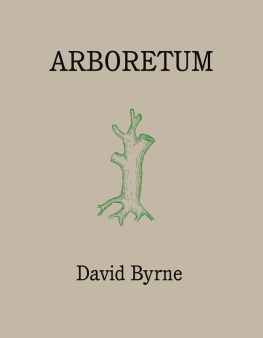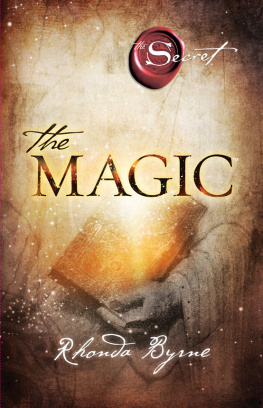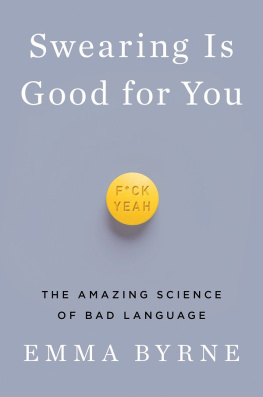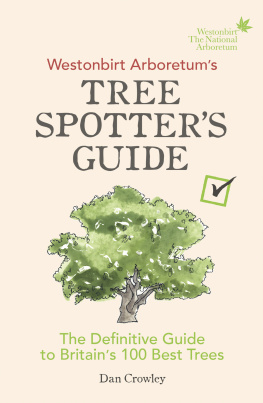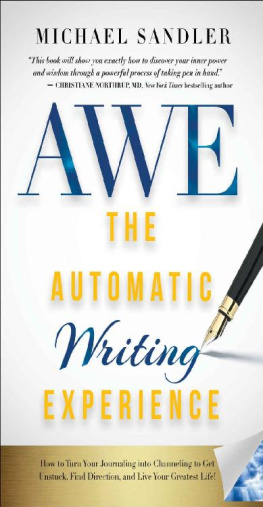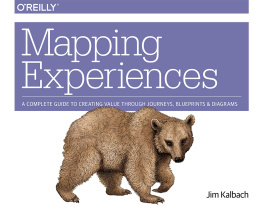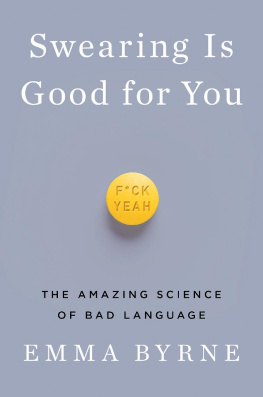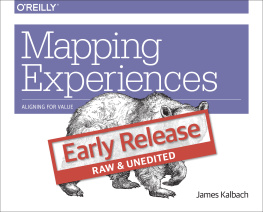Byrne - Arboretum
Here you can read online Byrne - Arboretum full text of the book (entire story) in english for free. Download pdf and epub, get meaning, cover and reviews about this ebook. City: Edingburgh, year: 2019, publisher: Canongate Books, genre: Romance novel. Description of the work, (preface) as well as reviews are available. Best literature library LitArk.com created for fans of good reading and offers a wide selection of genres:
Romance novel
Science fiction
Adventure
Detective
Science
History
Home and family
Prose
Art
Politics
Computer
Non-fiction
Religion
Business
Children
Humor
Choose a favorite category and find really read worthwhile books. Enjoy immersion in the world of imagination, feel the emotions of the characters or learn something new for yourself, make an fascinating discovery.
- Book:Arboretum
- Author:
- Publisher:Canongate Books
- Genre:
- Year:2019
- City:Edingburgh
- Rating:3 / 5
- Favourites:Add to favourites
- Your mark:
- 60
- 1
- 2
- 3
- 4
- 5
Arboretum: summary, description and annotation
We offer to read an annotation, description, summary or preface (depends on what the author of the book "Arboretum" wrote himself). If you haven't found the necessary information about the book — write in the comments, we will try to find it.
Byrne: author's other books
Who wrote Arboretum? Find out the surname, the name of the author of the book and a list of all author's works by series.
Arboretum — read online for free the complete book (whole text) full work
Below is the text of the book, divided by pages. System saving the place of the last page read, allows you to conveniently read the book "Arboretum" online for free, without having to search again every time where you left off. Put a bookmark, and you can go to the page where you finished reading at any time.
Font size:
Interval:
Bookmark:

New York Times Book Review


Guardian


Observer



Published in Great Britain, the USA and Canada in 2019
by Canongate Books Ltd, 14 High Street, Edinburgh EH1 1TE
Distributed in the USA by Publishers Group West and in Canada by
Publishers Group Canada
First published in the USA by McSweeneys Books in 2006
canongate.co.uk
This digital edition first published in 2019 by Canongate Books
Copyright David Byrne, 2006, 2019
The right of David Byrne to be identified as the
author and illustrator of this work has been asserted by him in accordance
with the Copyright, Designs and Patents Act 1988
British Library Cataloguing-in-Publication Data
A catalogue record for this book is available on
request from the British Library
ISBN 978 1 78689 950 7
eISBN 978 1 78689 951 4
Drawings courtesy
Pace/MacGill Gallery NYC
pacemacgill.com
Design: DB + Danielle Spencer
ARBORETUM

David Byrne

Contents
Arboretum Again
Introduction to the 2019 edition
One of the biggest thrills Ive experienced was when I spotted this book in the philosophy section of Adas Technical Books in Seattle. They get it! I thought to myself. Or someone has a sense of humor. It makes me happy that this book is being reissued; this tells me some folks find it useful as well as sometimes being funny.
We know that correlation is not causation, but its also true that there are times when unexpected similarities of patterns and initially dubious connections, often across disciplines, can enable us to think and imagine outside the typologies and categories that have developed over time. Although many of these cladograms might seem a bit far-fetched, they are often no less surprising than some of the discoveries and conjectures I have read about since this book first came out in 2006.
That time is a construct and it flows both backwards and forwards. That trees talk to one another through an underground network and that they protect one another. That religious children tend to be less kind and meaner to strangers. That music often does mirror cosmic relationships or could it be the other way around?
These drawings came in a burst, a flood, and I can only think that something in my life, some context at that particular time, inspired me to think and explore by drawing at that moment. I have no idea what I might have been going through that drove my hand to move, but I seem to have intuited that drawing was the tool best suited for the job.
These are a kind of visual glossolalia, an attempt to explore the world beyond logic. I see them as, paradoxically, a non-verbal language that uses words to break their own stranglehold on us.
We have a built-in urge to make sense of the world, to presume cause and effect and to endorse and internalise the categories that we have inherited. Some of the existing established connections we have inherited may be or might have been useful, and they stuck, but looking back it now seems that as I drew these I must have been at a place in my life when I was asking, what if theres another way? What would it be like if the categories were not those ones, but some other organizational system? What might that be like? And then which one is true?
Categories are a prison that condemns us to see things and each other in particular ways. Medicine and much of science used to be considered arts, but they were forcibly divorced, though as any mathematician or surgeon will tell you, deep down they are still arts. That separation may have had its uses but it also arrested the flow of many innovative ideas. This prison is one we have built ourselves, because it can be convenient and useful; at least it is at the moment each category and connection comes into being, but what might life be like on the outside?
DB
New York, 2019
Why?
What are these drawings?
Why did I do them?
Will they be of interest to anyone else?
Of any use?
Do they need to be useful?
Well, I guess theyre a lot of things. Faux science, automatic writing, self-analysis, satire and maybe even a serious attempt at finding connections where none were thought to exist. And an excuse to draw plant-like forms and diagrams.
They began a few years ago as instructions to myself in a little notebookdraw an evolutionary tree on pleasure, or draw a Venn diagram about relationships, for example. Commands to myself to make mental maps of imaginary territory. These accumulated over a few years until the impulse was spent. Maybe it was a sort of self-therapy that worked by allowing the hand to say what the voice could not.
Irrational logicIve heard it called that. The application of logical scientific rigor and form to basically irrational premises. To proceed, carefully and deliberately, from nonsense, with a straight face, often arriving at a new kind of sense.
But how can nonsense ever emerge as sense? No matter how convoluted or folded, it will still always be nonsense, wont it?
I happen to believe that a lot of scientific and rational premises are irrational to begin withthat the work of much science and academic inquiry is, deep down, merely the elaborate justification of desire, bias, whim, and glory. I sense that to some extent the rational thinking areas of our brains are superrationalization engines. They provide us with means and justifications for our more animal impulses. They allow us to justify them both to ourselves and then, when that has been accomplished, to others. The hope that a mathematically unique solution will emerge [as an explanation of nature] is as faith-based as intelligent design, says Leonard Susskind, inventor of string theory.
This might not seem like a very optimistic perspective on intelligence, but even viewed this cynically, the result of centuries of this cerebral activity has produced a lot of beauty, pleasure, and magnificent, well, stuff.
I watched a nature documentary on my laptop with my daughter on a train today, and we saw creatures from the oceans depths caught in the glow of deep-sea submersibles. Some of the creatures had never been seen before, or were not even thought possible. Things that spew time-delay fireworks, things that live where life was thought to be impossible, undersea lakes, a fish on a kind of stalk. Well, we both agreed that they would have seemed preposterous, imaginary, and unbelievable, if the camera hadnt filmed them.
Font size:
Interval:
Bookmark:
Similar books «Arboretum»
Look at similar books to Arboretum. We have selected literature similar in name and meaning in the hope of providing readers with more options to find new, interesting, not yet read works.
Discussion, reviews of the book Arboretum and just readers' own opinions. Leave your comments, write what you think about the work, its meaning or the main characters. Specify what exactly you liked and what you didn't like, and why you think so.

